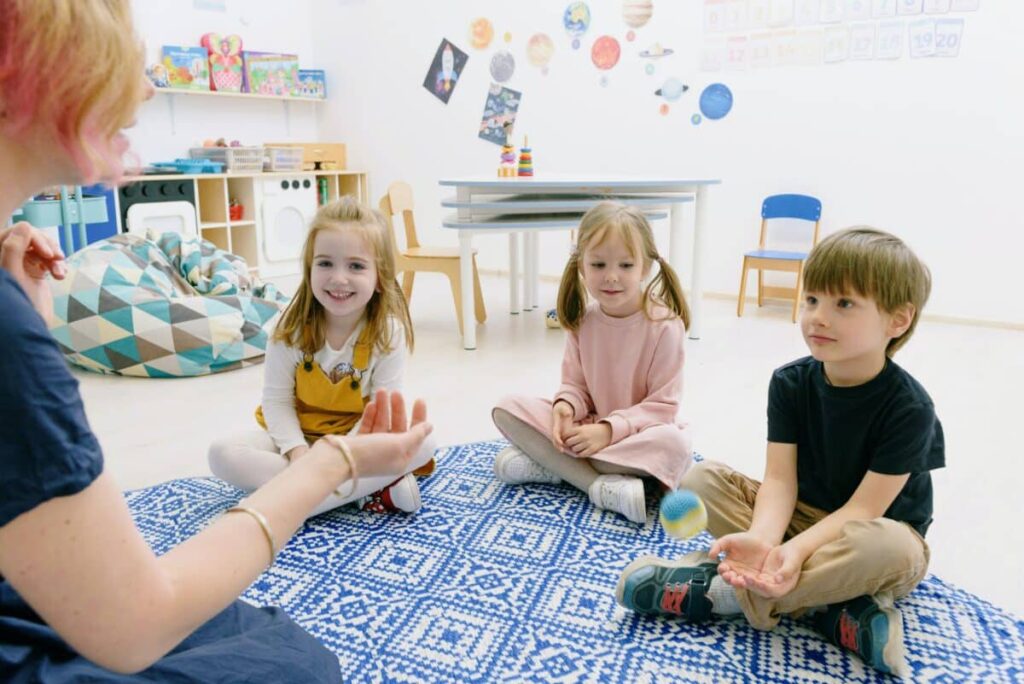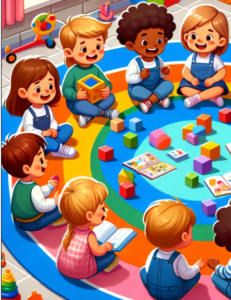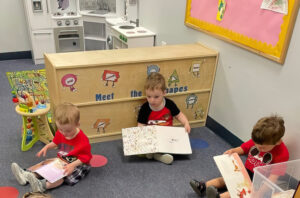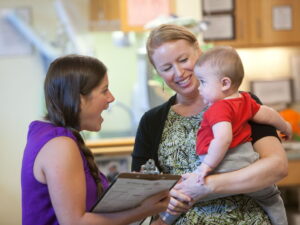
Building Strong Parent-Caregiver Relationships in Daycare
Building strong relationships between parents and caregivers in daycare settings is essential for creating a nurturing environment that supports children’s development. These relationships foster trust, improve communication, and enhance collaboration, ultimately benefiting the children in care. This article explores the importance of these relationships, key components, effective strategies for building them, and the challenges that may arise.
Understanding the Importance of Parent-Caregiver Relationships
Strong parent-caregiver relationships are foundational for effective communication and collaboration. When parents trust caregivers, they are more likely to engage actively in their child’s care and education. This trust enhances the overall value of the best daycares in USA services, leading to improved retention rates and a sense of community among families.
Key Components of Strong Relationships
Trust and Respect
Establishing mutual trust and respect is crucial. Parents need to feel confident that caregivers prioritize their child’s well-being, while caregivers must respect parents’ insights and concerns about their children’s needs.
Open Communication
Regular communication is vital for keeping parents informed about their child’s progress and any issues that may arise. Utilizing various channels, such as newsletters or parent apps, can facilitate this communication effectively.
Collaboration in Child Development
Working together to support children’s learning creates consistency between home and daycare. Sharing strategies to address developmental milestones or behavioral challenges ensures a unified approach that benefits the child.
Strategies for Building Relationships
Increase Communication Frequency
Frequent updates about daily activities and milestones can help parents feel involved in their child’s care. Caregivers should encourage parents to share relevant information from home to inform care practices.
Schedule Regular Meetings
One-on-one meetings provide opportunities for deeper discussions about a child’s development and any potential concerns. This time can also be used to gather feedback from parents, reinforcing their role in the caregiving process.
Create Involvement Opportunities
Encouraging parents to participate in daycare activities fosters community engagement. Activities such as hosting events or serving on parent boards allow families to contribute while enhancing their connection to the center.
Host Events and Activities
Organizing family-oriented events promotes engagement and strengthens connections among parents. These could include picnics, workshops, or seasonal celebrations that encourage community building within the preschools in fort collins.
Ask for Feedback
Regularly soliciting feedback from families demonstrates a commitment to continuous improvement. This can be done through surveys, suggestion boxes, or during parent-teacher meetings.
Benefits of Strong Parent-Caregiver Relationships
Enhanced Child Development
Children thrive when they see their parents and caregivers collaborating. This cooperation fosters feelings of security and value, promoting social and emotional growth.
Increased Trust in Care Providers
A positive relationship with caregivers increases parental trust, leading to better cooperation in addressing any concerns that arise.
Improved Retention Rates for Childcare Centers
Families who feel valued are more likely to remain committed to a daycare service, resulting in higher retention rates and a thriving community.
Challenges in Building Relationships
Addressing Concerns Effectively
When issues arise, having a strong relationship makes it easier for parents to discuss concerns openly. Parents should feel comfortable raising issues without fear of conflict.
Balancing Professionalism with Personal Connection
Caregivers must maintain professionalism while also building personal connections with families. Establishing boundaries is important but should not hinder meaningful relationships.
Conclusion
Building strong parent-caregiver relationships in best preschools in fort collins is essential for fostering a supportive environment that benefits children’s development. By focusing on open communication, collaboration, and mutual respect, both parties can work together effectively to nurture children’s growth and well-being. The investment in these relationships pays off not only in enhanced child development but also in creating a thriving community where families feel valued and supported.
Also Read: Basic First Aid for Daycare Providers





